The appointment of vaccine skeptic Robert F. Kennedy Jr. to Donald Trump's Cabinet as Secretary of Health and Human Services has left many doctors and medical professionals stunned, with one calling it an "extraordinarily bad choice."
Kennedy Jr. was nominated to the role that would see him take charge of America's public health agencies on Thursday night, two months after he dropped out of the presidential race and endorsed Trump.
Following the decision by the president-elect, many medical professionals were left aghast that a man who has previously been accused of amplifying conspiracy theories—most notably about the COVID vaccine—could potentially be in charge of the health of 350 million Americans from January if he is confirmed by the Senate.
Newsweek has contacted Trump's transition team and Kennedy Jr. for comment.
"I think this is an extraordinarily bad choice," Dr. Ashish Jha, a former Biden administration Covid-19 coordinator and the dean of Brown University's School of Public Health, told CNN's Wolf Blitzer.
Jha also noted that past HHS secretaries from both Republican and Democratic administrations have typically allowed scientists in their agencies to make decisions based on evidence. "RFK Jr. has signaled that he doesn't intend to follow this approach," Jha said. "Instead of relying on rigorous analysis and evidence, he seems poised to prioritize his own views in decision-making."
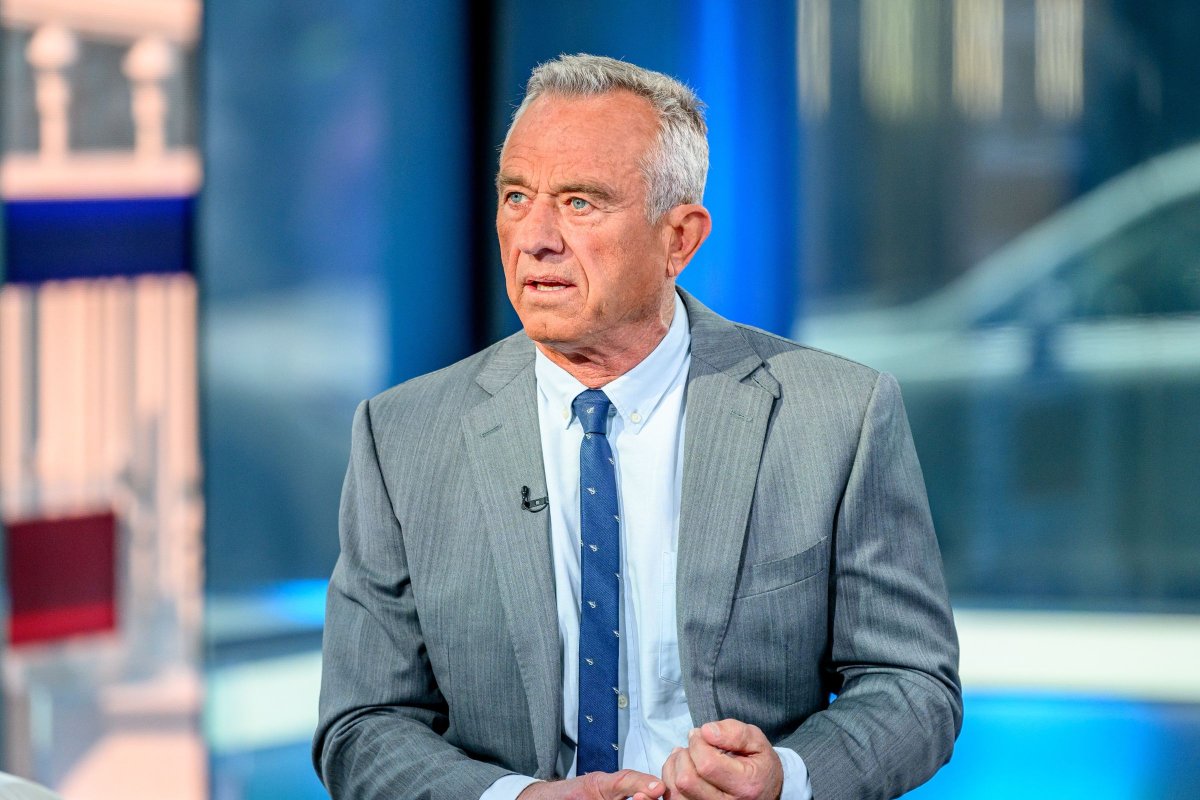
But while plenty of criticism is flooding in, some medical professionals are defending Kennedy.
Dr. Mehmet Oz, a Republican, praised his nomination in an interview with Fox News. "Trump has done well by selecting RFK Jr because he's got the attention of the public. These issues are not new issues," he said, adding that: "I believe that the 86,000 workers at HHS... I believe most of them will welcome RFK because they are getting smothered under corporate capture. These agencies aren't actually free to do what they want to do frequently."
What Has RFK Jr Said About Vaccines?
Kennedy has previously claimed that vaccines can cause autism in children, and despite denying that he is a vaccine sceptic, in December 2023, Kennedy told CNN's Kasie Hunt he "would be against mandates" for children in public schools.
According to the Centers for Disease Control and Prevention (CDC): "Many studies have looked at whether there is a relationship between vaccines and ASD [autism spectrum disorder]. To date, the studies continue to show that vaccines are not associated with ASD."
It comes at a time when the number of vaccinated children is declining.
Last month, the CDC reported that the percentage of children exempt from vaccine requirements rose to 3.3 percent, up from 3 percent in 2023, marking the highest level since such requirements were established.
As of November 1, the CDC has recorded 15 measles outbreaks, totaling 272 cases. More than half of these cases were among children under 5, with another quarter affecting children aged 5 to 19. Nearly 90 percent of those infected were unvaccinated.
Putting Kennedy in a role that oversees those cases is "a potential catastrophe waiting to unfold," according to Dr. Kavita Patel, a professor of medicine at Stanford University and a board certified internal medicine physician who served as director of policy for the Office of Intergovernmental Affairs and Public Engagement in the White House under President Barack Obama.
"Imagine, if you will, giving the keys to the Centers for Disease Control and Prevention's data vaults to someone who has spent years spreading misinformation about vaccines," she wrote in an MSNBC article. "It's like asking a flat-earther to pilot our next mission to space."
Former US Centers for Disease Control and Prevention acting director Dr. Richard Besser also condemned the pick. "Frankly, I find it chilling," he told CNN. He added that Kennedy's views on child vaccines are dangerous. "He has done so much to undermine the confidence that people have in that incredible intervention," he said.
Epidemiologist and ABC News contributor Dr. John Brownstein was also among those to raise concerns about Kennedy, telling ABC that his appointment as Health and Human Services secretary will "likely undermine public health efforts."
"The goal of public health officials is to reinforce trust when there is public scepticism, and when you put someone in a leadership role that has a history of scepticism, especially vaccines, that is going to cause a lot of misinformation... that will likely undermine public health efforts," he said.
However, his recent admission that he plans to fire 600 employees at the National Institutes of Health (NIH), which oversees critical health research—including vaccine studies—has raised concerns.
President-elect Trump has said he would "make a decision" about potentially banning vaccines based on Kennedy's recommendations, though he lacks the unilateral authority to do so. Kennedy, for his part, has assured the public that he will not "take vaccines away from anybody."
RFK Jr's Views on Processed Foods Praised
Kennedy does have some views that top physicians have welcomed, including his calls to remove processed foods from school lunches and his warnings about the food industry's role in exacerbating the chronic disease crisis. He also advocates for restoring a "gold standard" of science to the health sector, which he believes is overly influenced by large pharmaceutical companies.
Speaking on Fox News last month, Kennedy vowed to get processed food out of school lunches "immediately" if he was appointed to the role by Trump. While on The Steve Gruber Show in September, Kennedy outlined foods he would try to stop children consuming.
"Kids shouldn't be eating grains. They should definitely not be eating seed oils. And they for sure should not be eating sugar. And yet that is what we're forcing them to eat," he said.
Kennedy has been advised on this by Dr. Casey Means, a Stanford-educated surgeon and wellness guru who has pushed for a radical overhaul of the country's food and health systems.
"If the right wing wants to make America healthy again, I think that's fantastic," Marion Nestle, a nutrition professor emerita at New York University, told the Wall Street Journal.
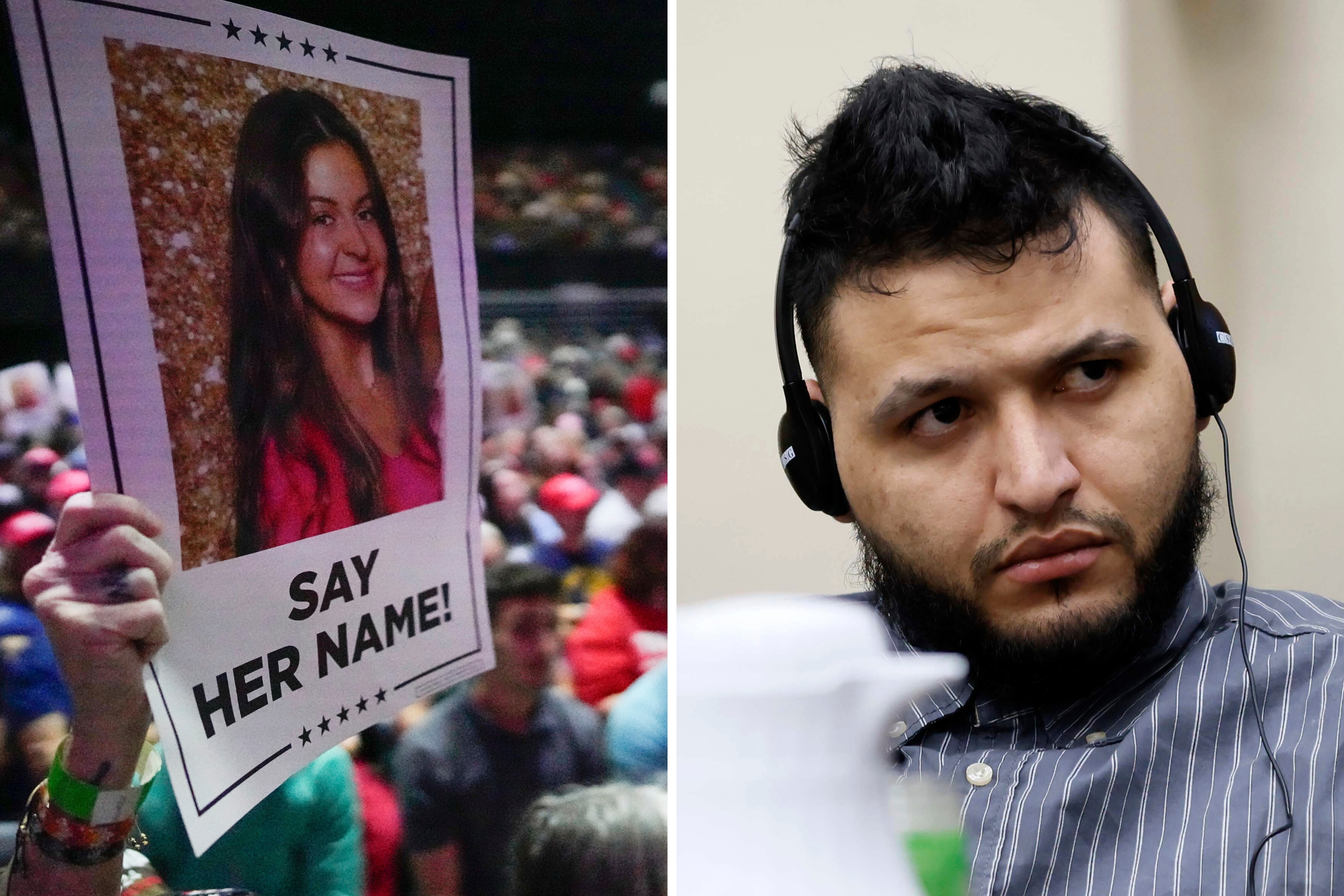

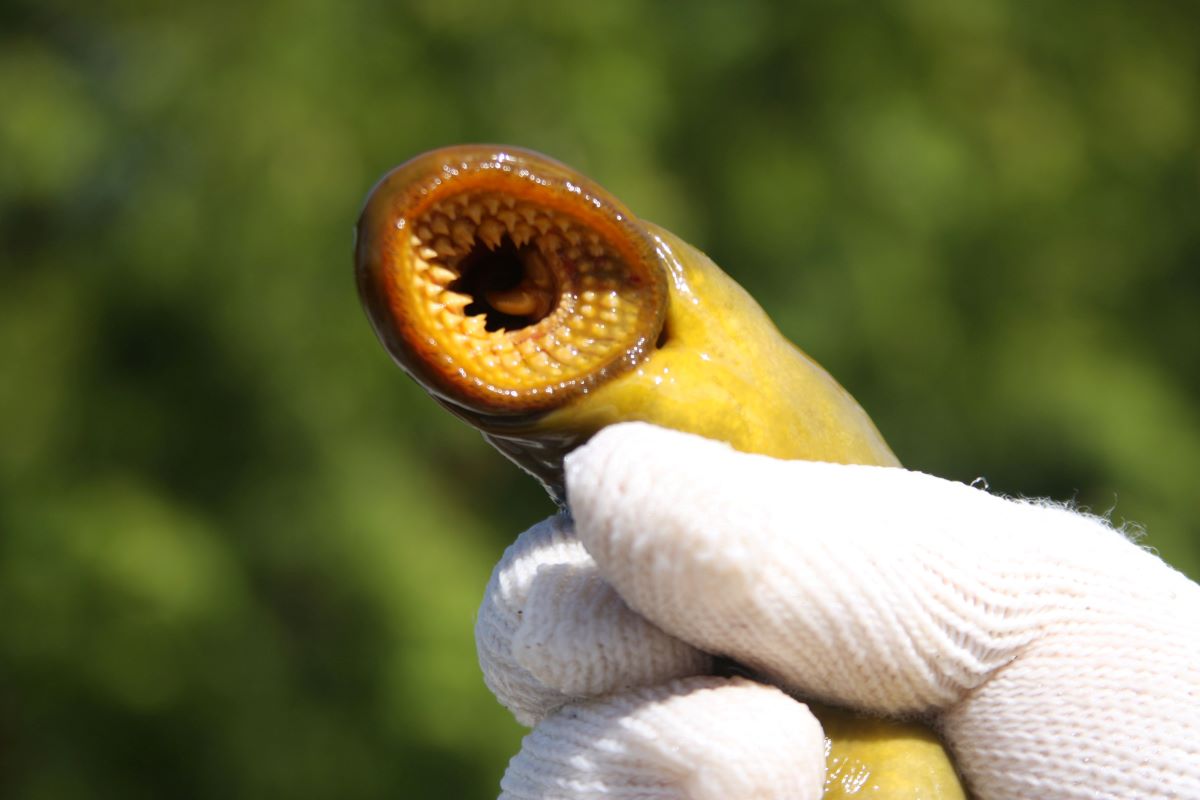
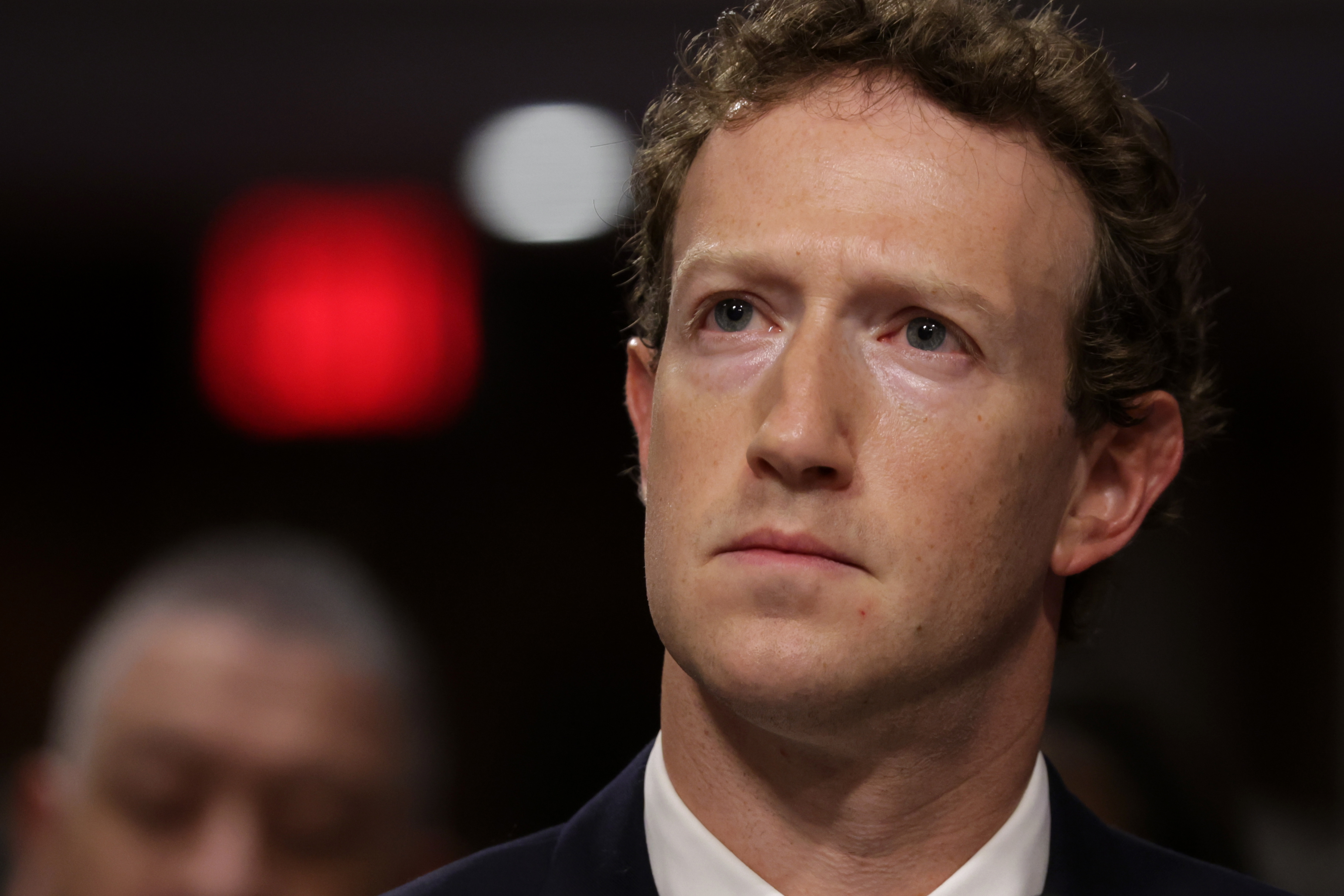
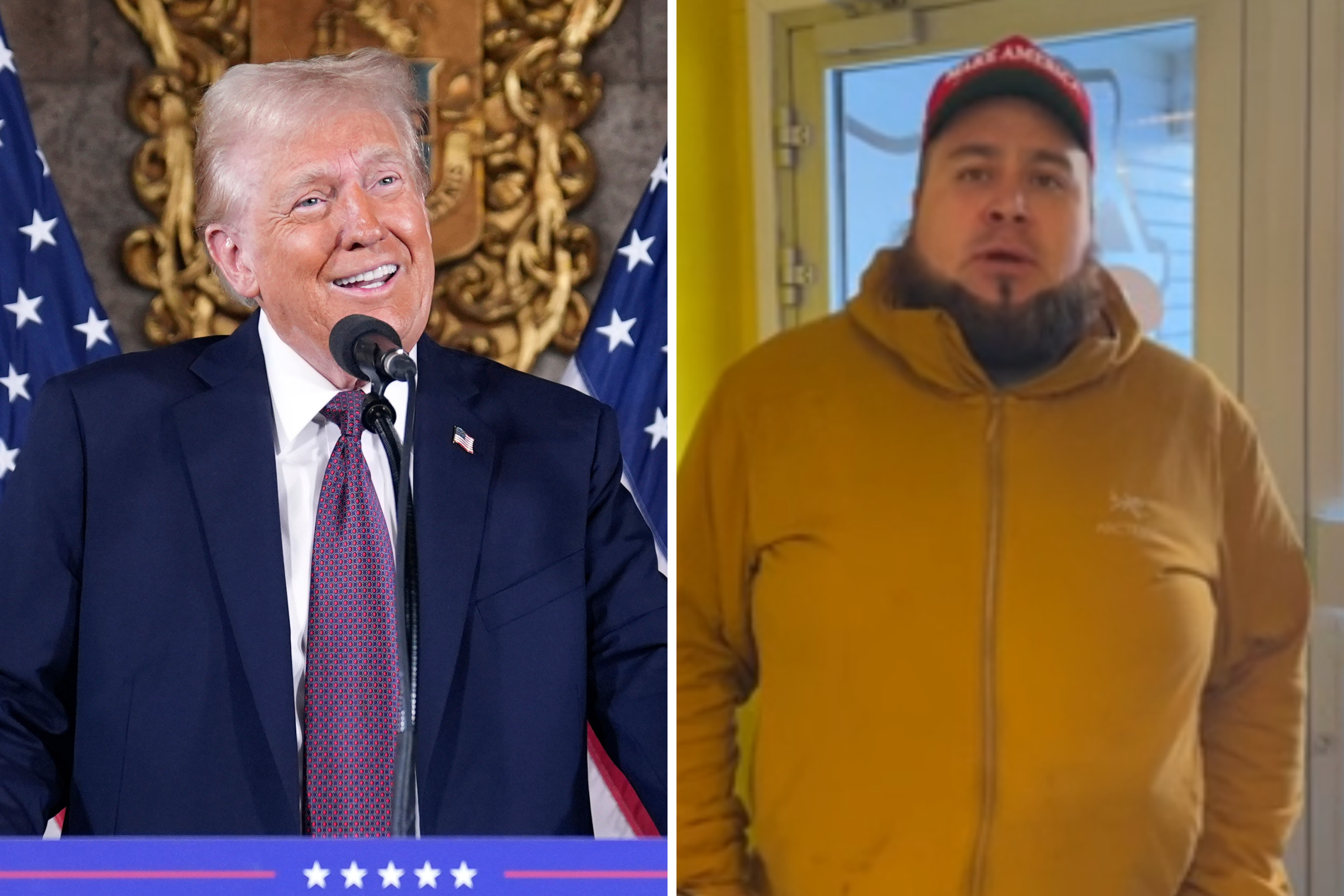

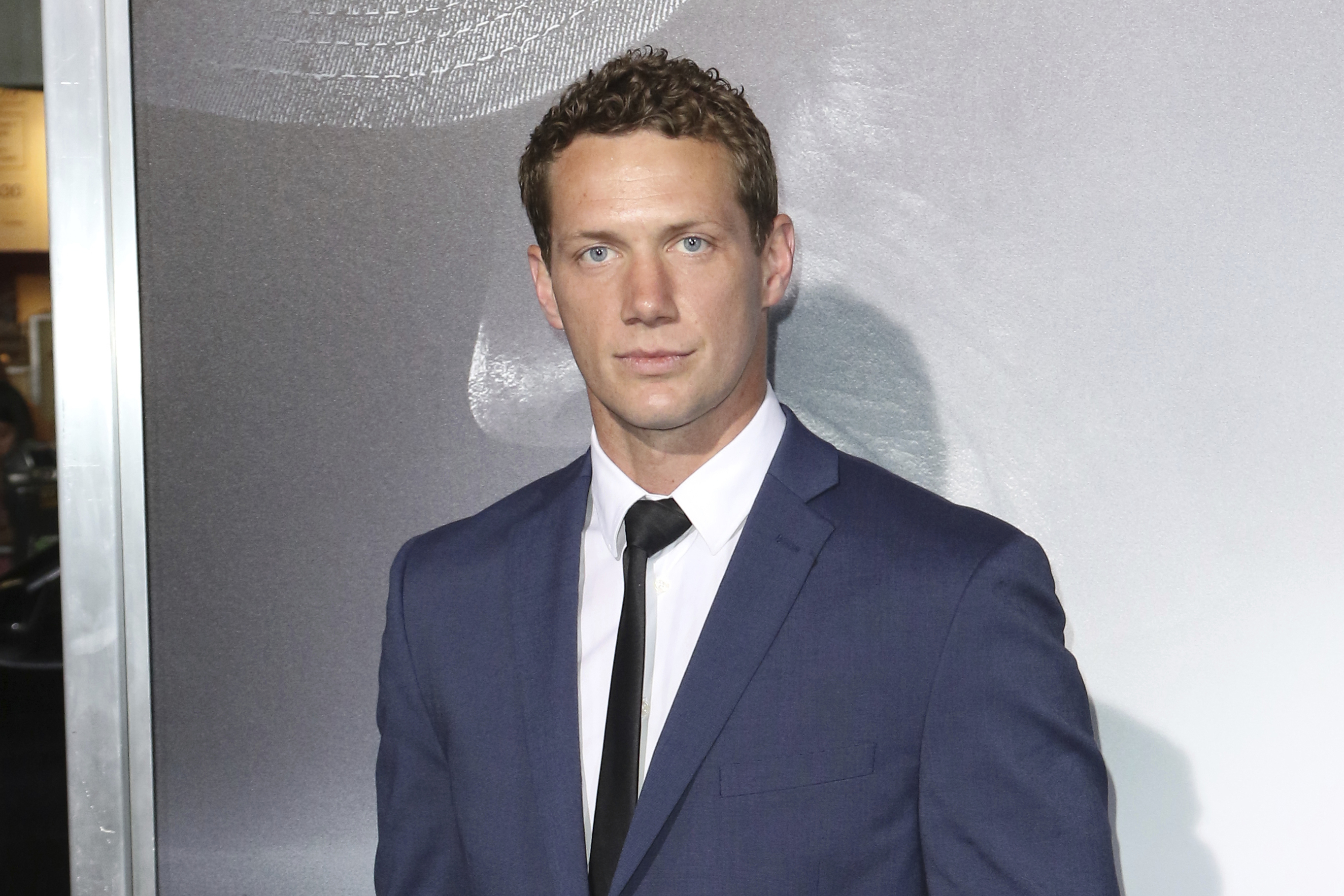

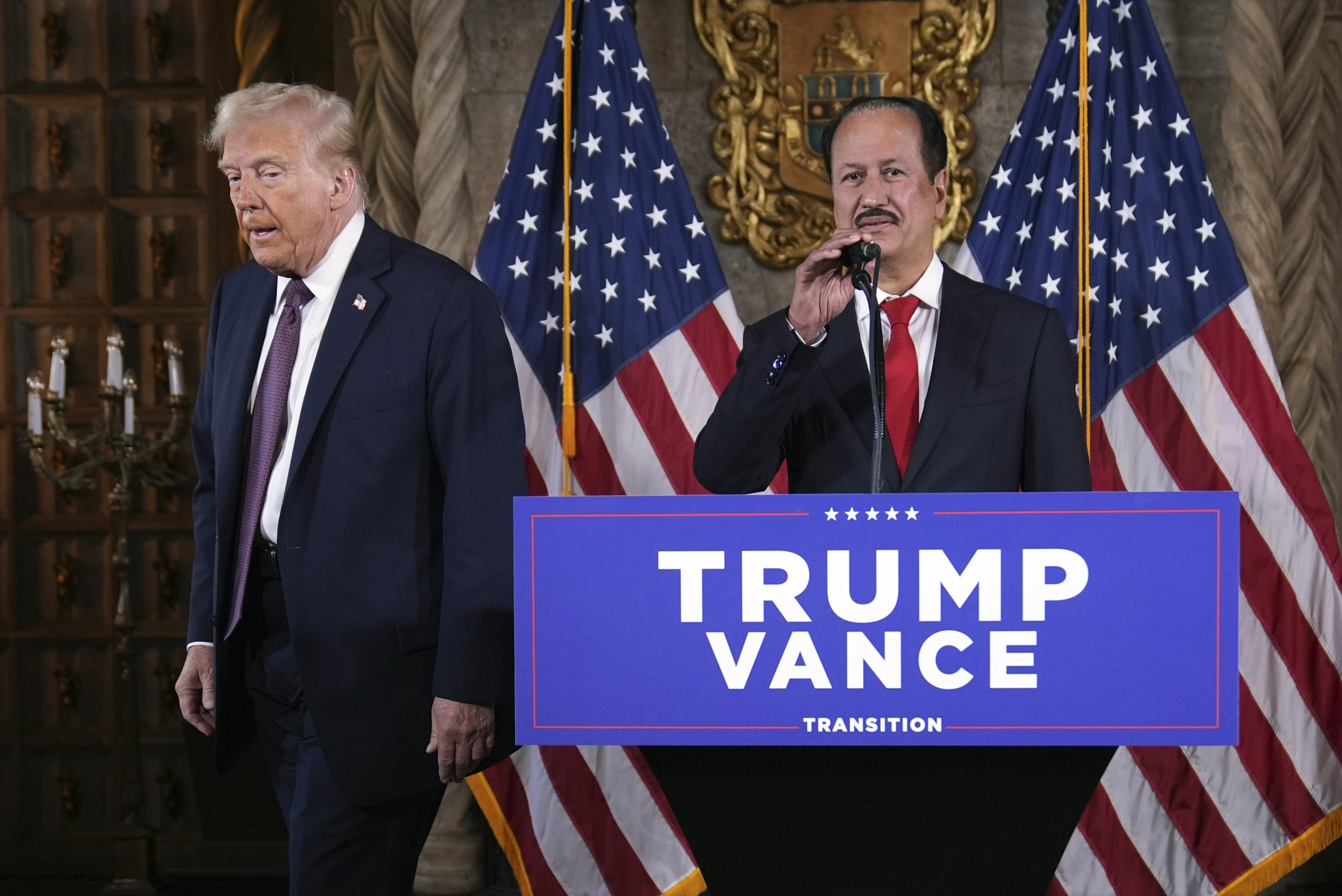











 English (US) ·
English (US) ·